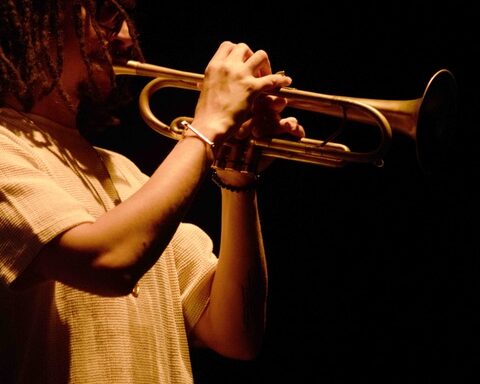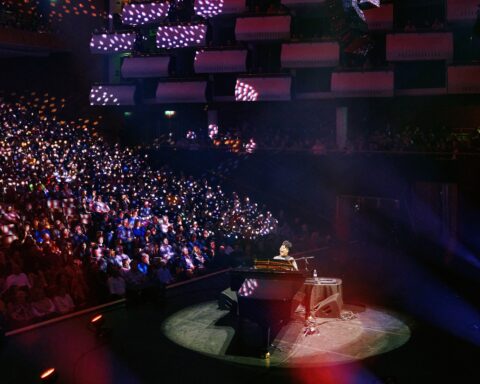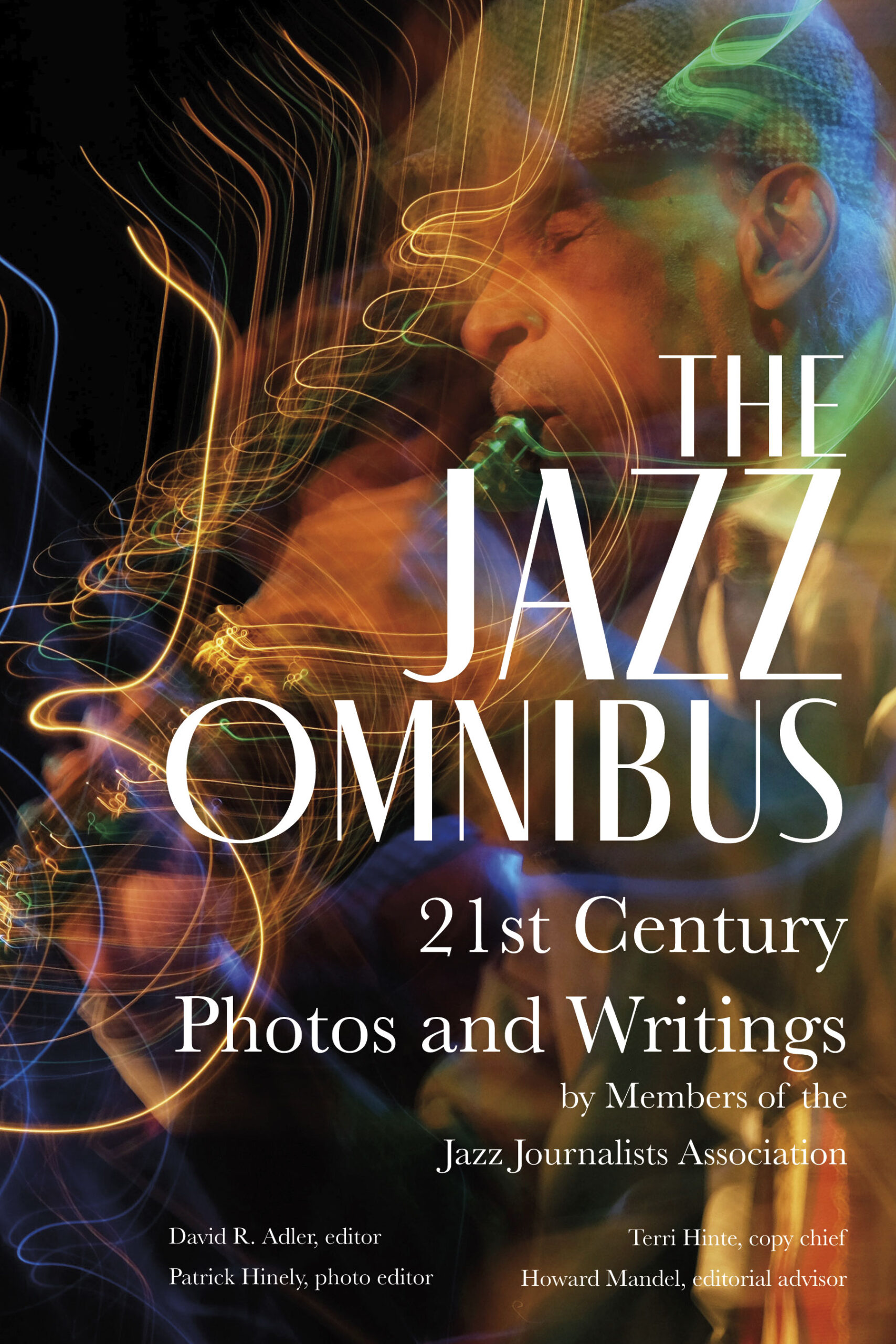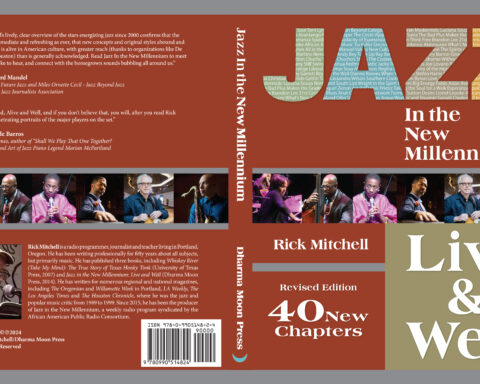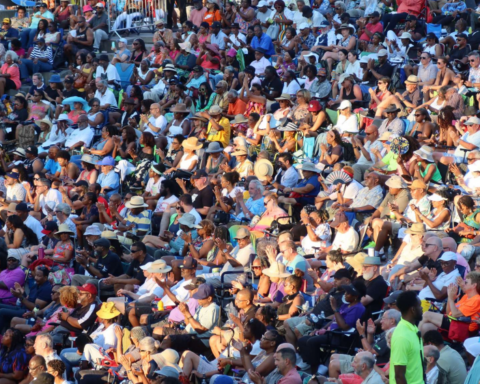At the Jazz Journalists Association’s “New Media for New Jazz” conference, two town hall-style forums focused on how jazz journalists and presenters and musicians can work together for the good of all, and especially for the good of the music. Part of the impetus for this discussion was the JJA’s new video project, eyeJAZZ (www.eyejazz.tv) in which journalists will be using videotaped snippets of performances and interviews of artists, presenters and/or audience members in covering live jazz performances on the web.
Naturally, securing the rights to videotape the performance was at the center of the discussion. The JJA will have a release protocol for eyeJAZZ trainees to give to presenters or musicians. But that brought up questions such as whether the artist should be able to approve the footage of their performance before it is posted. While understandable from the artist’s point of view, by journalism standards that’s akin to showing the artist the review before it’s published. Then there’s the policing issue for presenters: if audio and videotaping are prohibited, how do you allow or justify having just one person videotaping from the audience?
Using this new technology is a real conundrum and it will take time, understanding and collaboration before it is resolved. And there will be conflict. But the participants did find some common ground. Nearly all of the presenters reported that they had a good working relationship with their local jazz media. Both presenters and musicians seemed willing to post links to the video reviews of their performances and journalists would post previews of the shows on their blogs, tweets or in their print outlets. It was the hope of journalists in the room that reviews would be posted even if they weren’t wholly positive. The presenters also were encouraged to talk to their local jazz journalist about the JJA’s video project and encourage them to apply by the February 15 deadline.
Underlying some of the conversation throughout the conference was how the journalists get paid. Presenters were encouraged to hire journalists to write program notes and host public forums or lectures. The musicians were encouraged to hire journalists to write their web pages, bios and liner notes. If jazz journalists can’t make money by writing about jazz, the previews and reviews could disappear and the promotion of jazz would be greatly diminished.
There are no easy answers to these issues, we’ll just all have to work together and keep our communications open and positive.

